
When a regional or short line railroad has limited internal dispatching resources, outsourcing to a seasoned third party can change operations in an overnight manner. Here, we examine how contract train dispatch services, railroad compliance solutions, and independent dispatching models are enabling railroads to realize safer, leaner, and more flexible operations throughout North America — including how an experienced independent rail dispatcher in Janesville can be an essential part of the equation.
Why Railroads Use Contract Dispatch Services
Railroads now face several pressures: labor expense, regulatory complexity, 24/7 operation demands, and variable traffic levels. Having a full internal dispatch force is costly, particularly for short lines. Contract dispatch enables railroads to:
·Scale dispatching assets up or down, depending on need
·Do not invest capital in infrastructure and software
·Benefit from outside experts who are well-versed in multiple rulebooks and regions
·Transfer risk of redundancy or turnover in staffing to the contractor.
RAILRCS, for instance, offers 24/7 dispatch coverage across over 2,455 miles of main track under contract. Their dispatchers are certified in multiple rule sets (e.g., GCOR, NORAC) and use internally developed CAD systems to streamline track authorities.
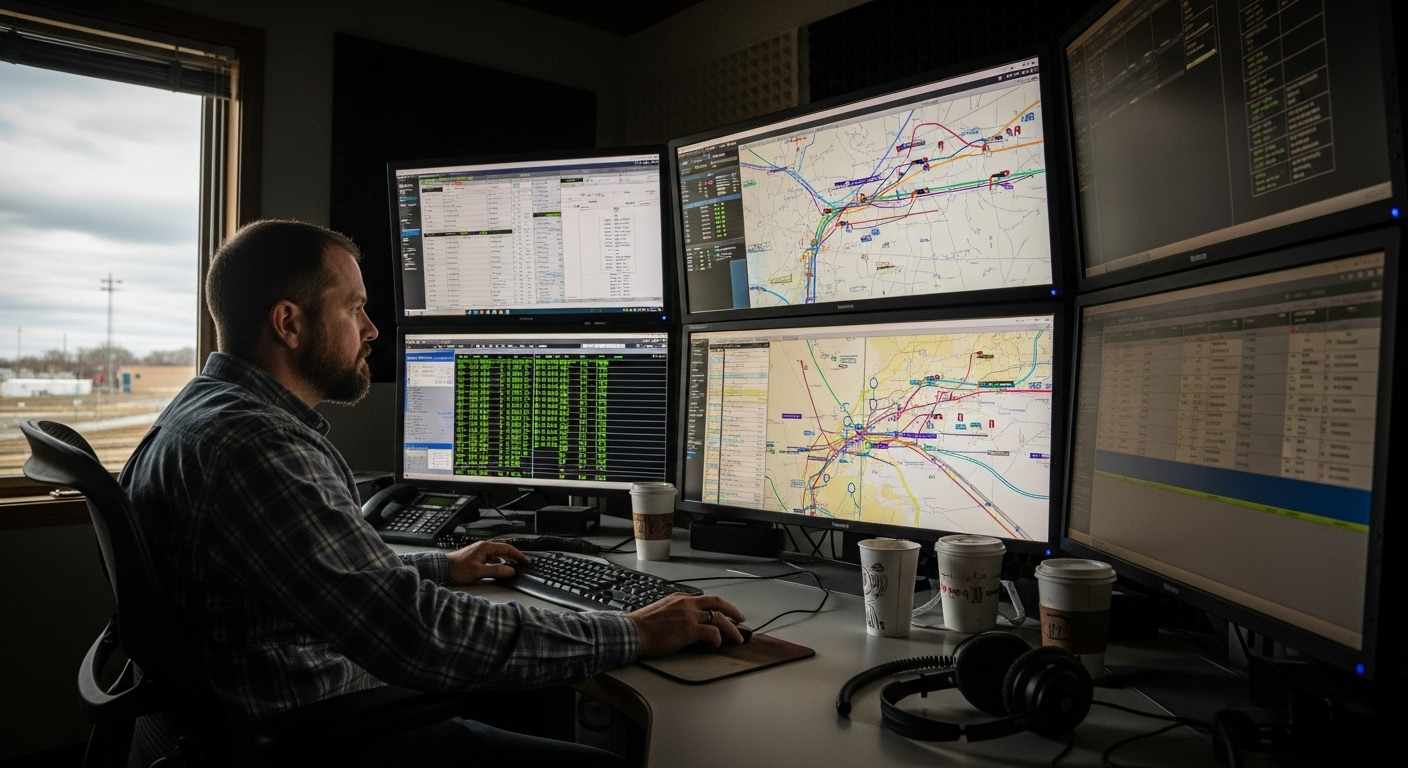
The Role of an Independent Rail Dispatcher in Janesville
Being based in Janesville gives tactical advantages:
·Local presence and accountability
·Proximity to Midwestern rail hubs
·Ability to act as a neutral, third-party dispatcher, taking internal politics out of the picture
·Seamless integration for neighbouring short lines or regional railroads
Those independent dispatchers would be in charge of train movements, issuing track authorities, communicating with maintenance-of-way (MOW) crews, and watching over real-time operations. They are usually tasked with meeting stringent compliance rules and having 24/7 emergency responsiveness.
Holistic Railroad Compliance Solutions: More Than Dispatching
Safe dispatching is not sufficient. Any contractor or internal department must also be in compliance with countless federal, state, and industry regulations. A solid compliance solution typically includes:
·Hours-of-Service (HOS) tracking and reporting — to satisfy FRA or relevant mandates
·Audit support and record-keeping — making dispatcher logs, bulletins, and track orders traceable
·Certification tracking — for dispatchers certified under multiple sets of rules (GCOR, NORAC, etc.)
·Safety monitoring and incident assistance — consolidating emergency dispatch procedures
Through making compliance an add-on to dispatching, vendors can provide a "one-stop shop" for railroads that wish to outsource operations as well as risk management.
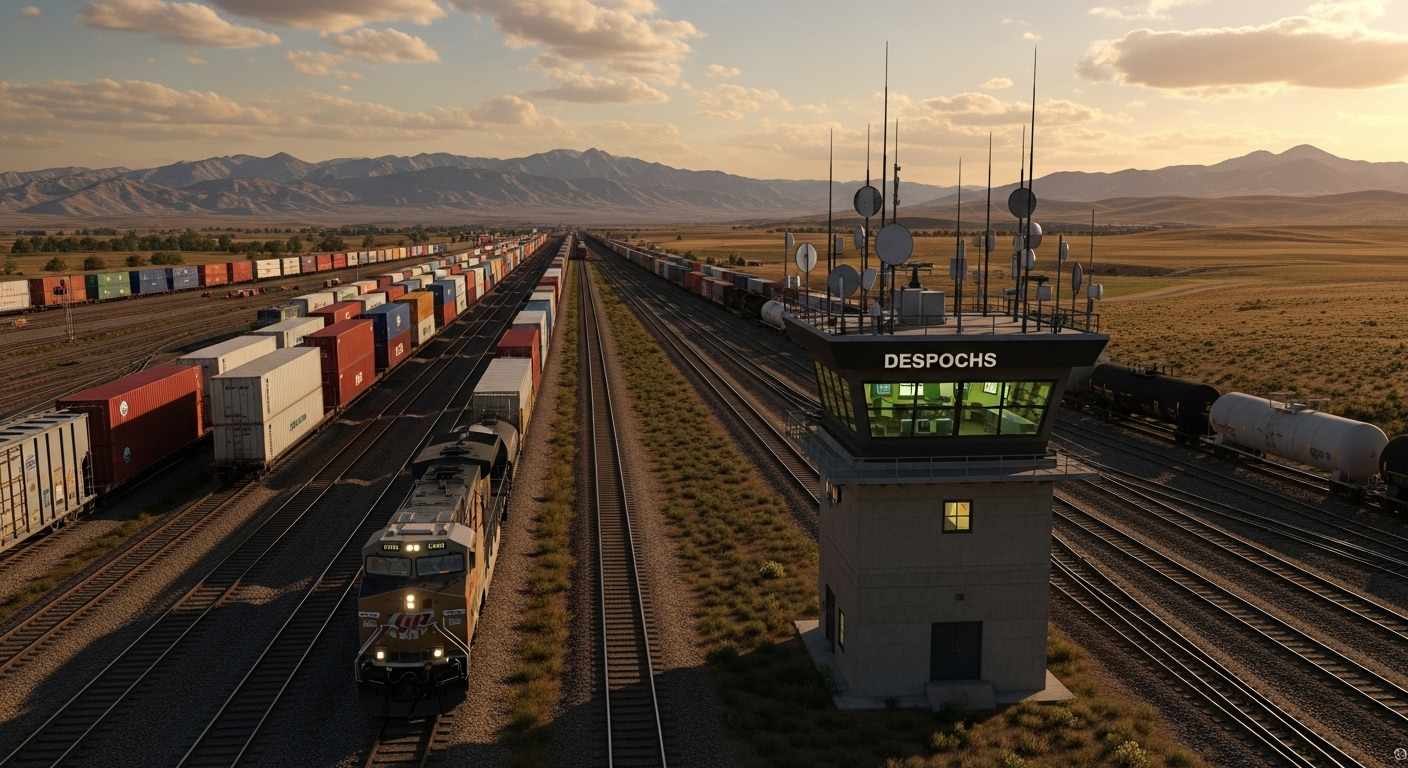
Dispatching Services Throughout North America
In North America, the position of a railroad dispatcher is at the heart of effective, safe operations. For Class I, regional, or short-line railroads alike, dispatchers schedule track time, sequence meets and passes, deal with delays, and respond to accidents.
Contract dispatch companies with North American presence — such as RailRCS — tend to have extensive rulebook knowledge, powerful software infrastructure, and redundant dispatch nodes to ensure dependability across time zones.
Why Railroads Opt for Outsourced Dispatching Today
Below are some persuasive reasons operators are outsourcing dispatch more and more:
·Cost savings
Outsourcing eliminates payroll, benefits, training, and overhead, allowing railroads to pay only for the service required.
·Redundancy & robustness
Contractors schedule backup coverage, disaster recovery, and staffing reserves, eliminating single-point failures.
·Rulebook flexibility
A contracting dispatcher familiar with multiple rule sets enables a railroad to grow or interconnect across regions easily.
·Focus on core assets
Railroads are able to retain capital and management attention for infrastructure and expansion while leaving traffic control to specialists.
· Scalable growth
When traffic volume increases, an in-house contract dispatcher can grow rapidly without adding and training new staff
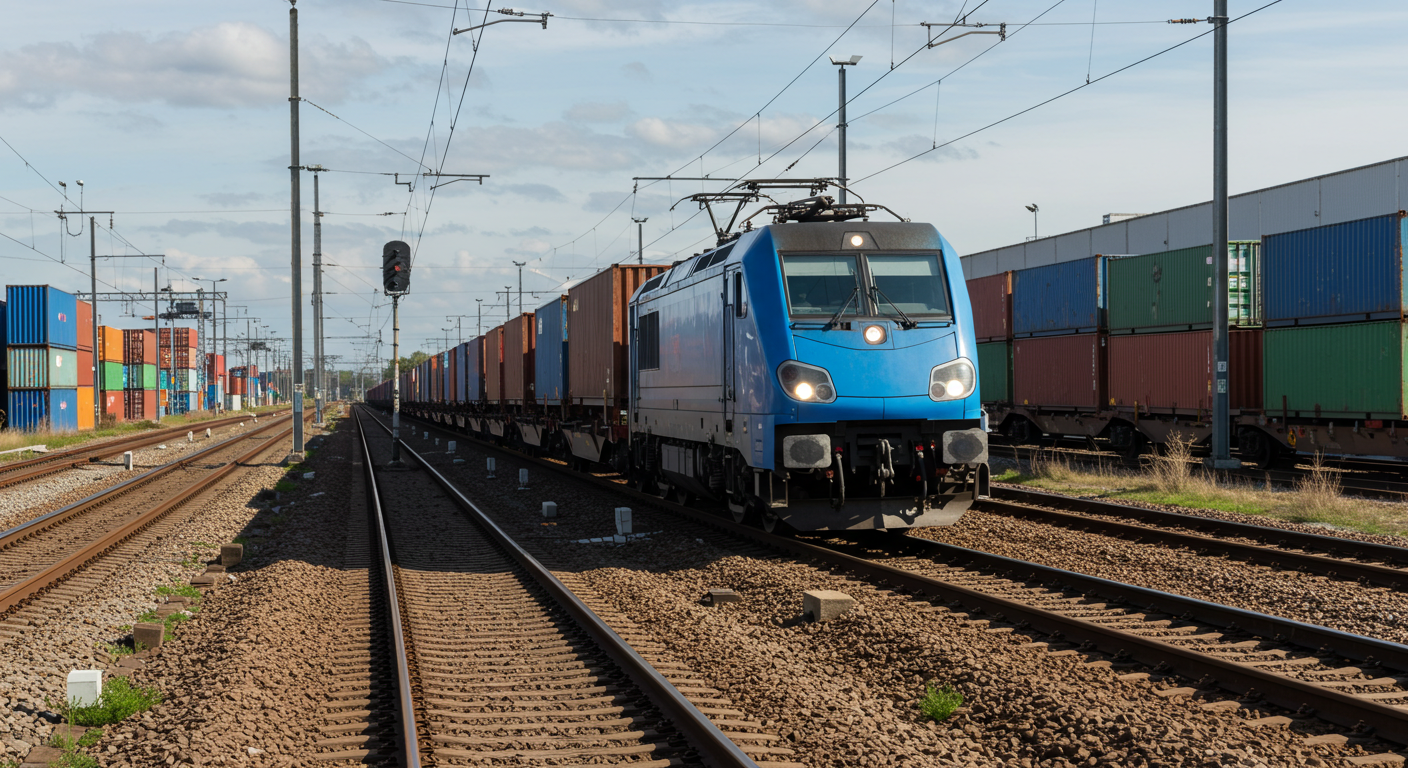
Best Practices for Partnering with a Contract Dispatcher
To achieve greatest success, railroads should:
·Clearly define scope — Which areas, rulebooks, and service levels?
·Establish performance measures — On-time moves, delay minutes, response times for incidents
·Ensure compliance integration — So auditable and safety are baked into service
·Require software interoperability — Access to live logs, track authorities, and reports
· Build redundancy — Dual dispatch centers or backup coverage zones
Final Thoughts
Dispatching outsourced in tandem with full compliance services is no longer a specialty choice — it's becoming the norm in contemporary rail operations. An experienced freelance rail dispatcher in Janesville can provide flexibility, regulatory protection, and cost-effectiveness in several territories.
For railroads seeking to streamline, contracting with a specialist like RAILRCS offers an appealing way forward.
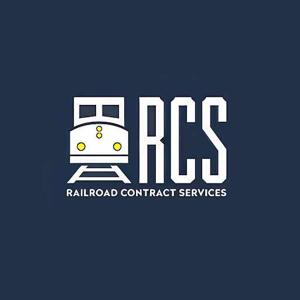

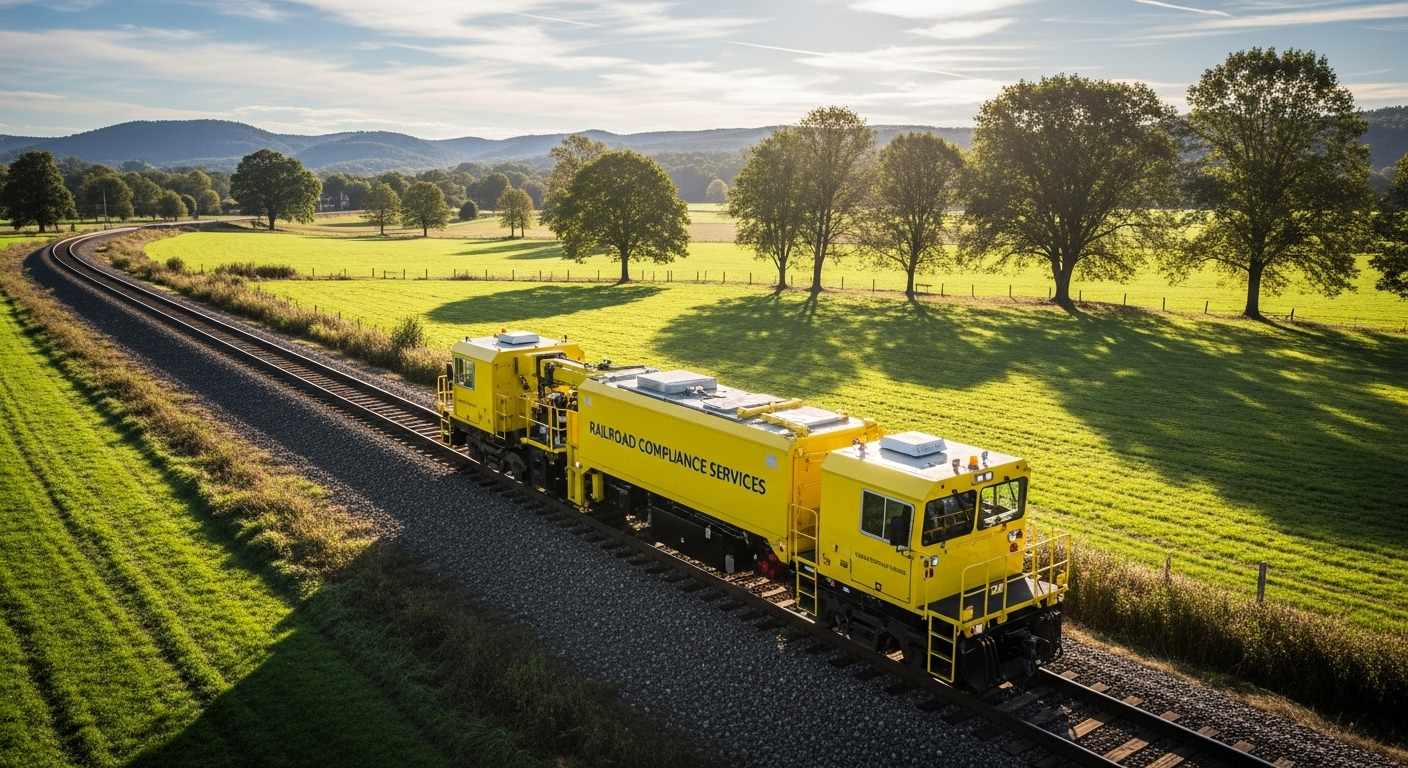
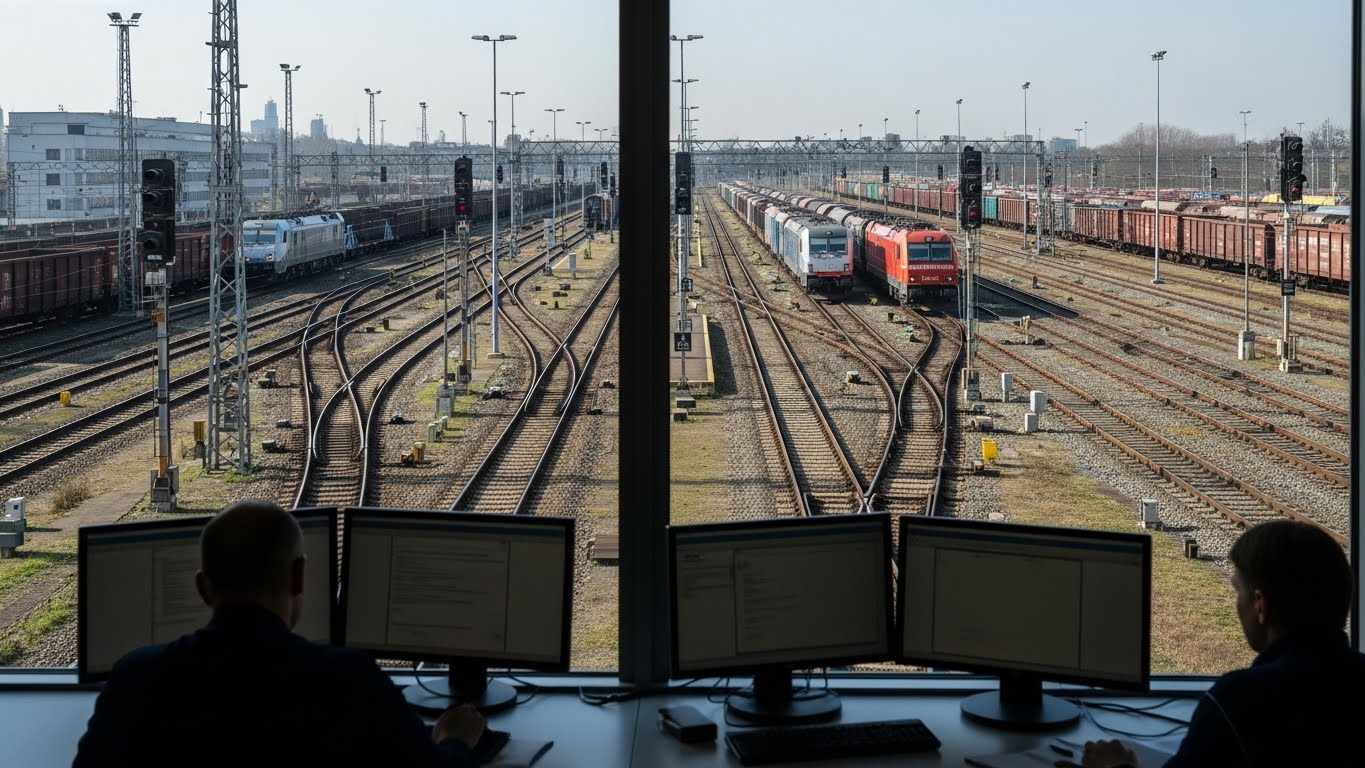


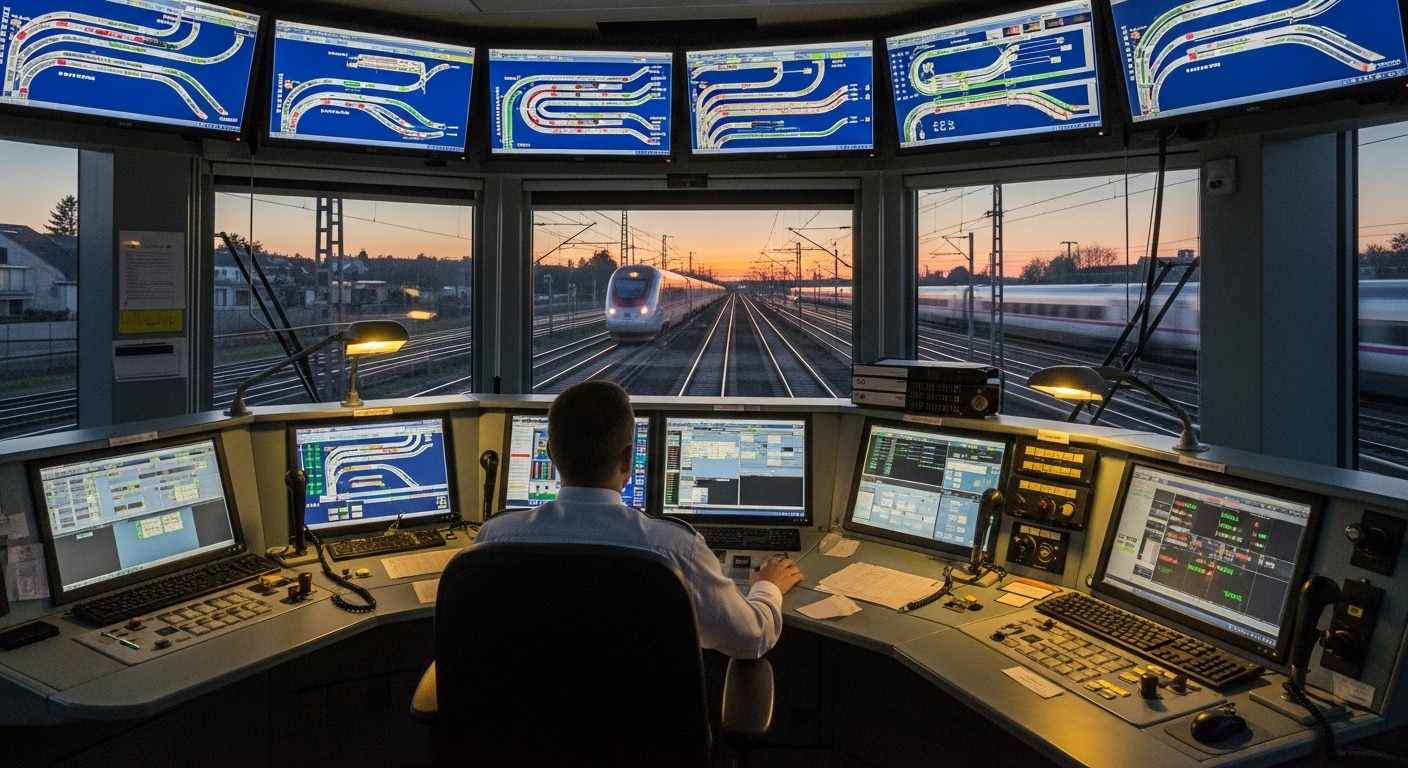

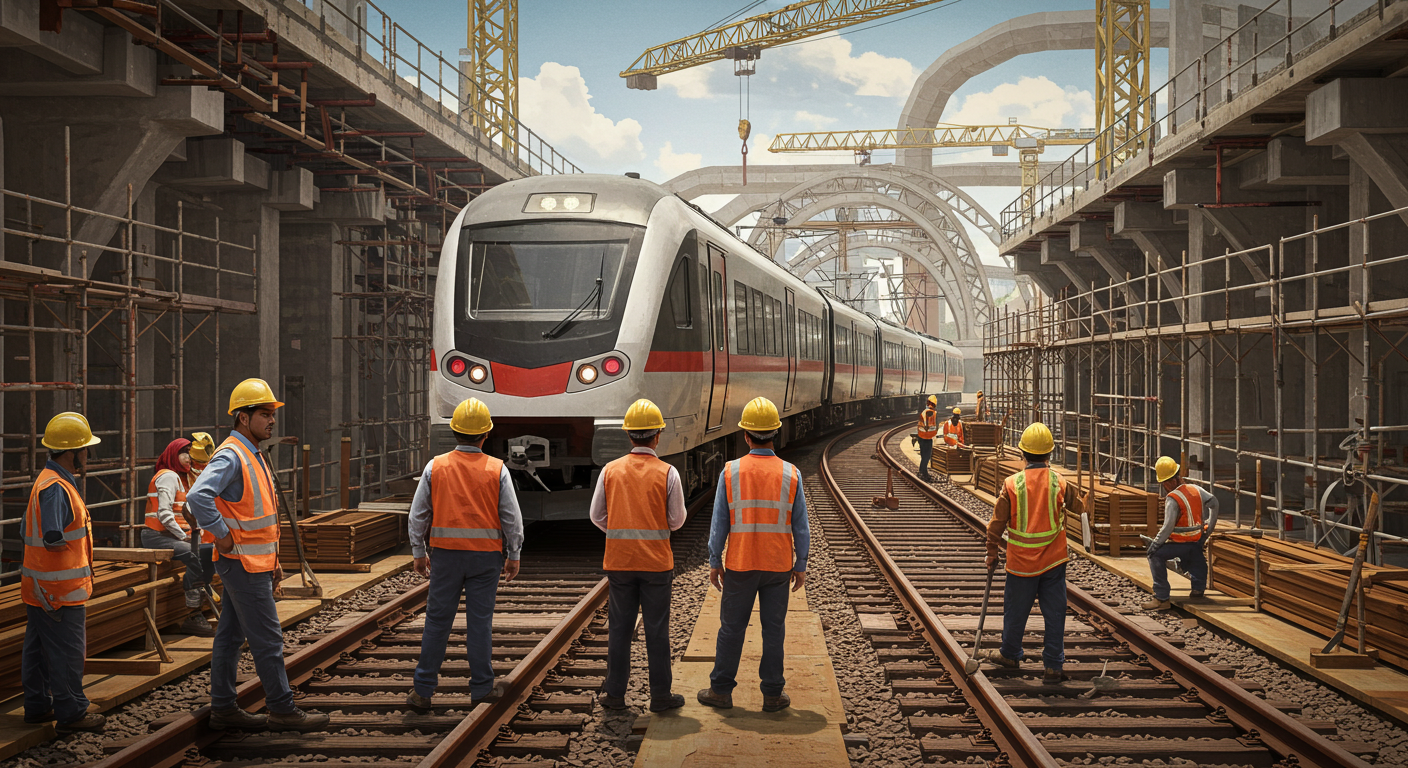

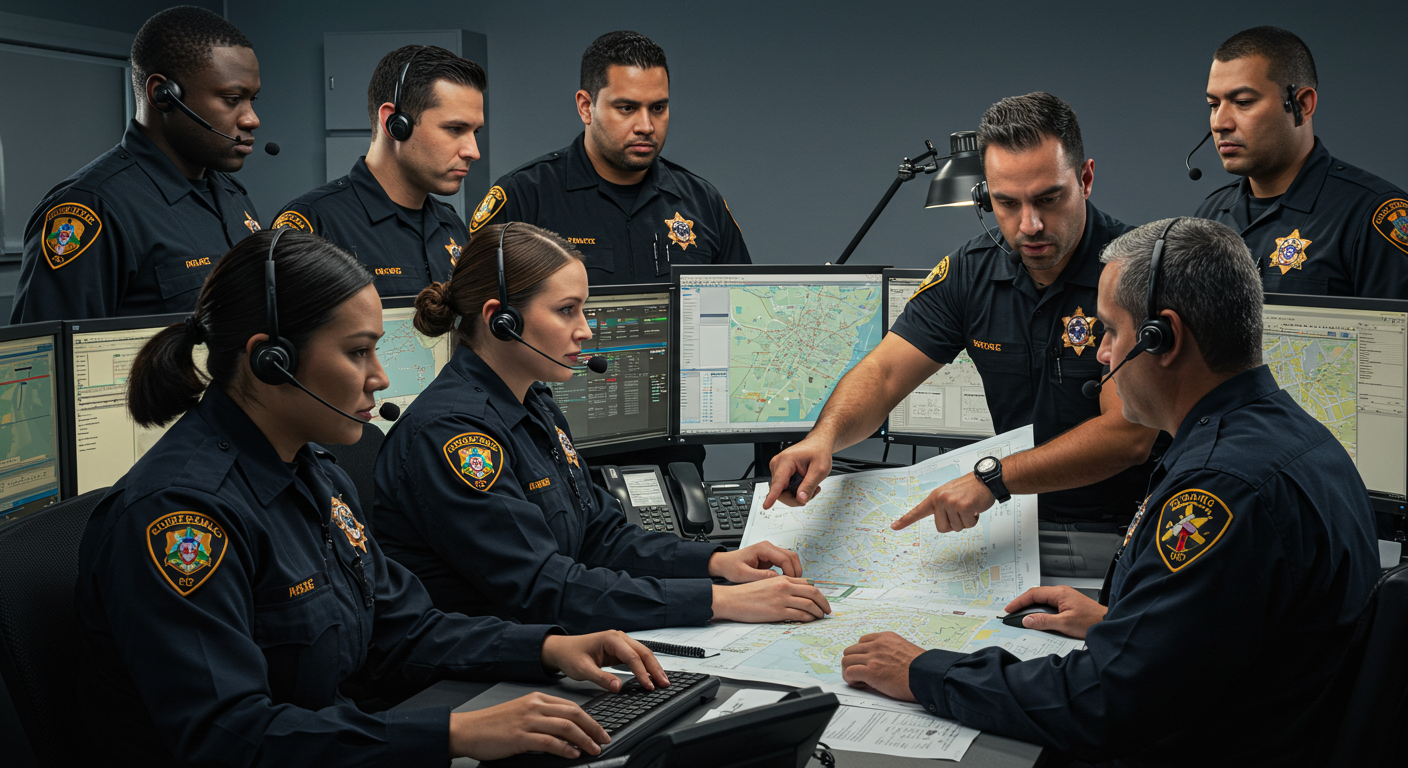
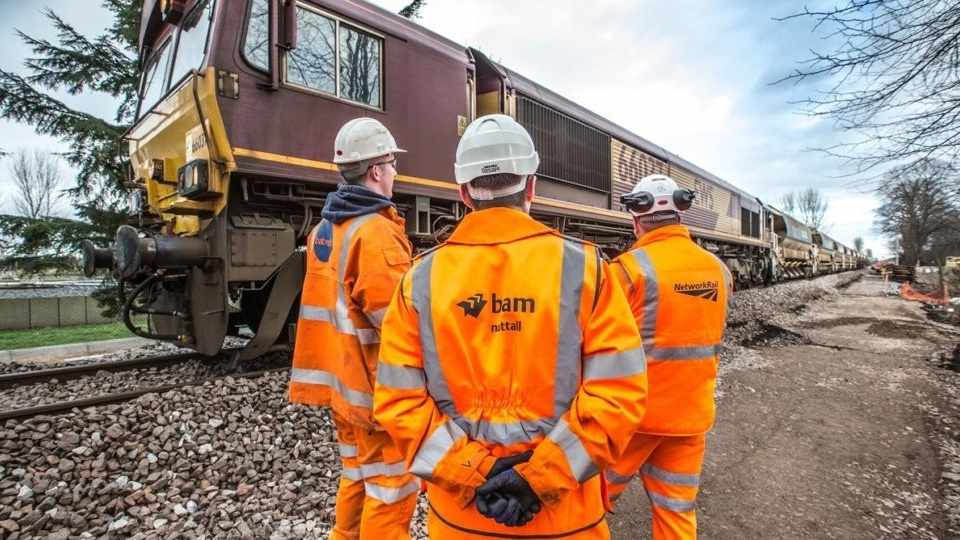

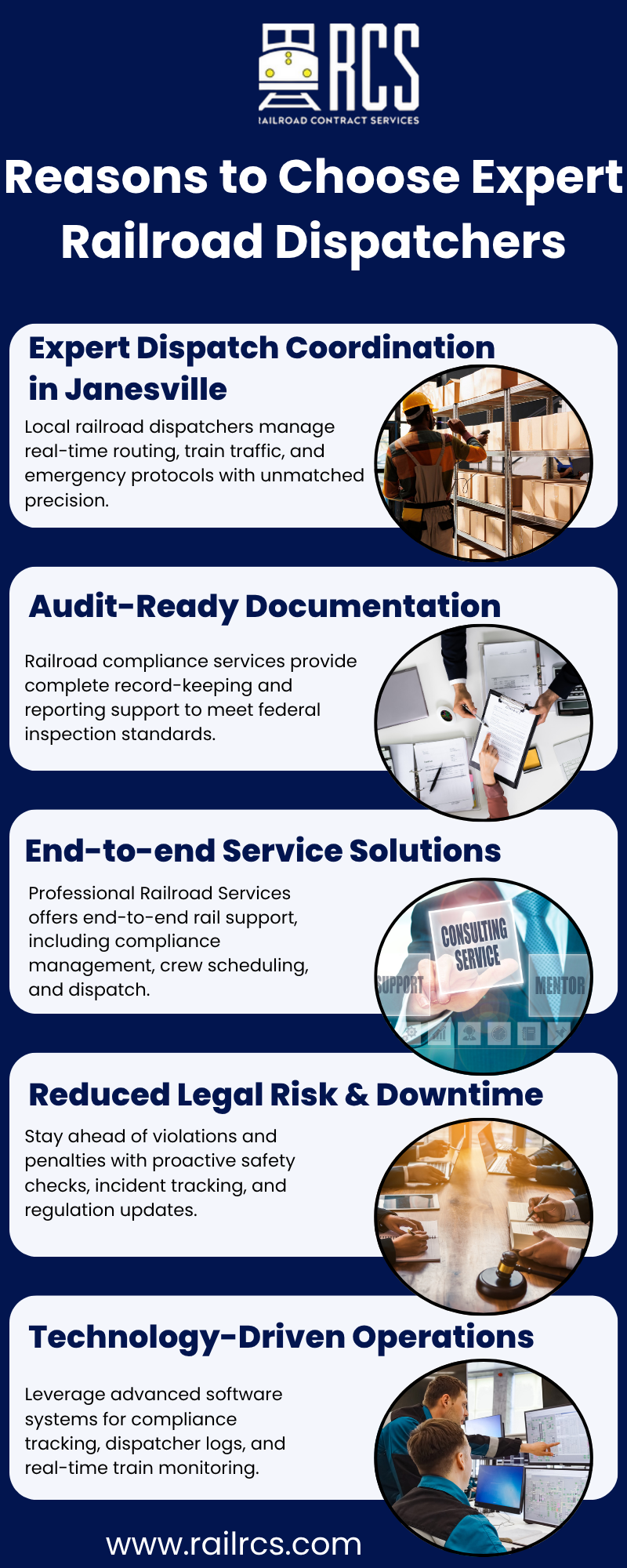



Write a comment ...